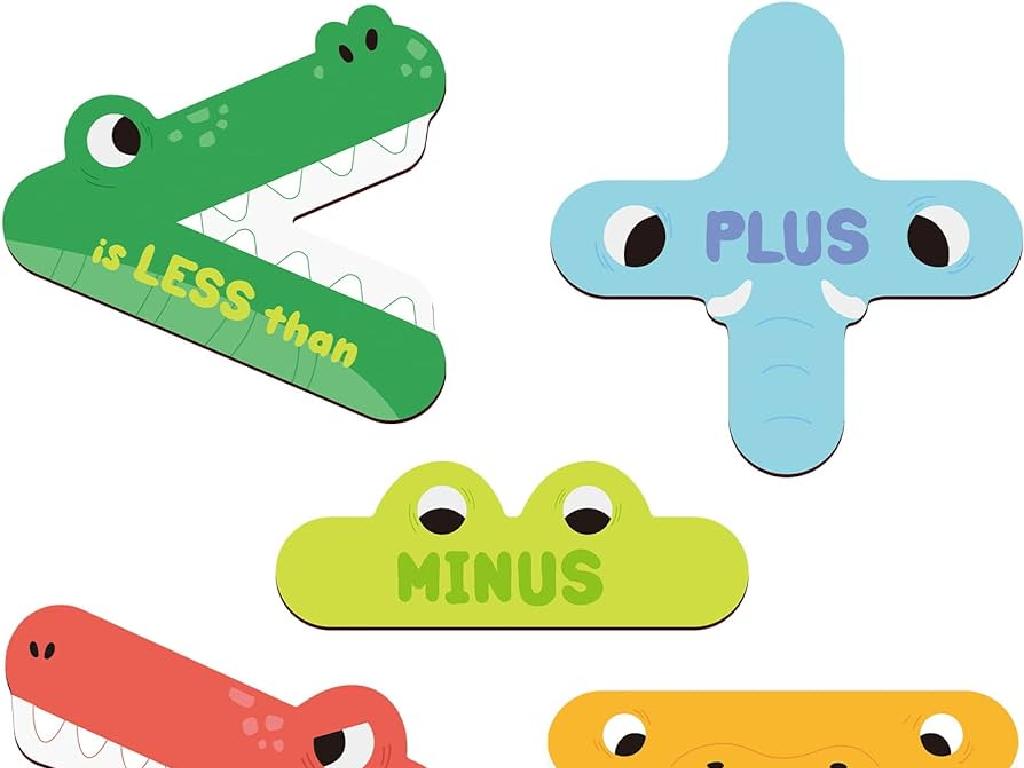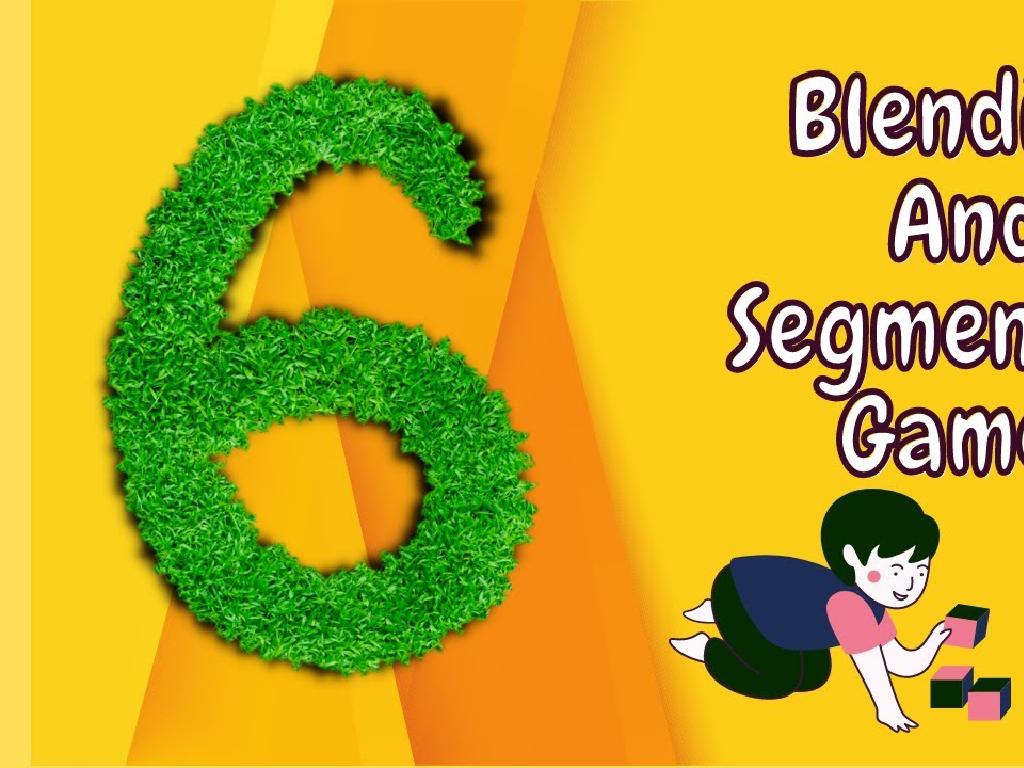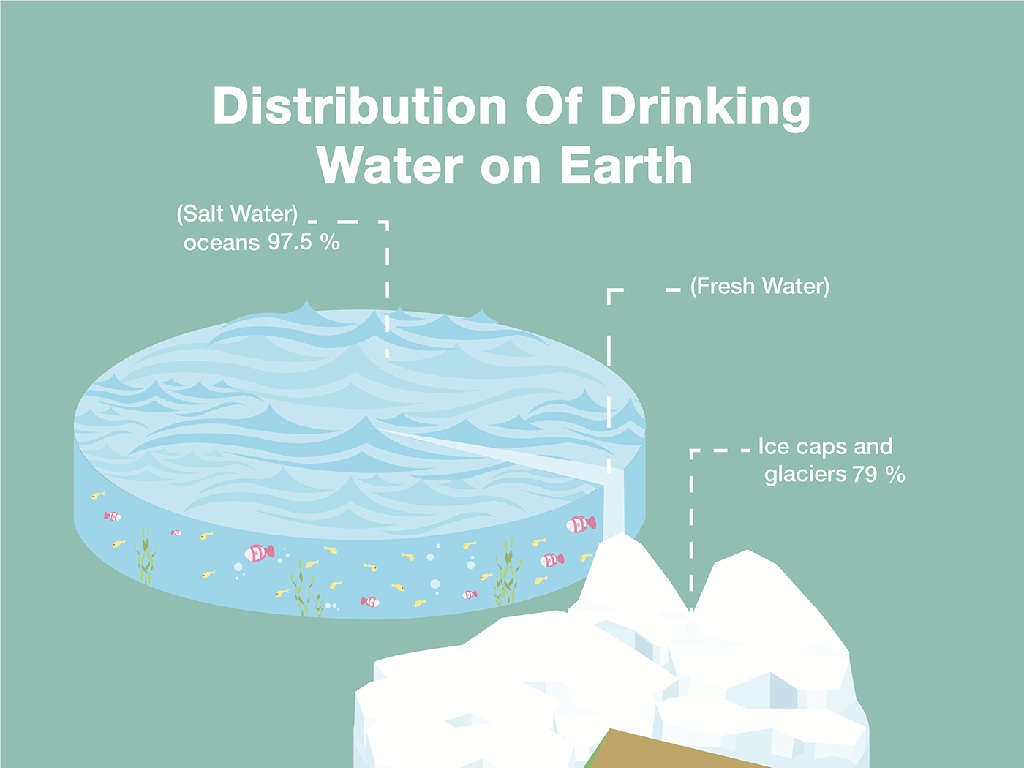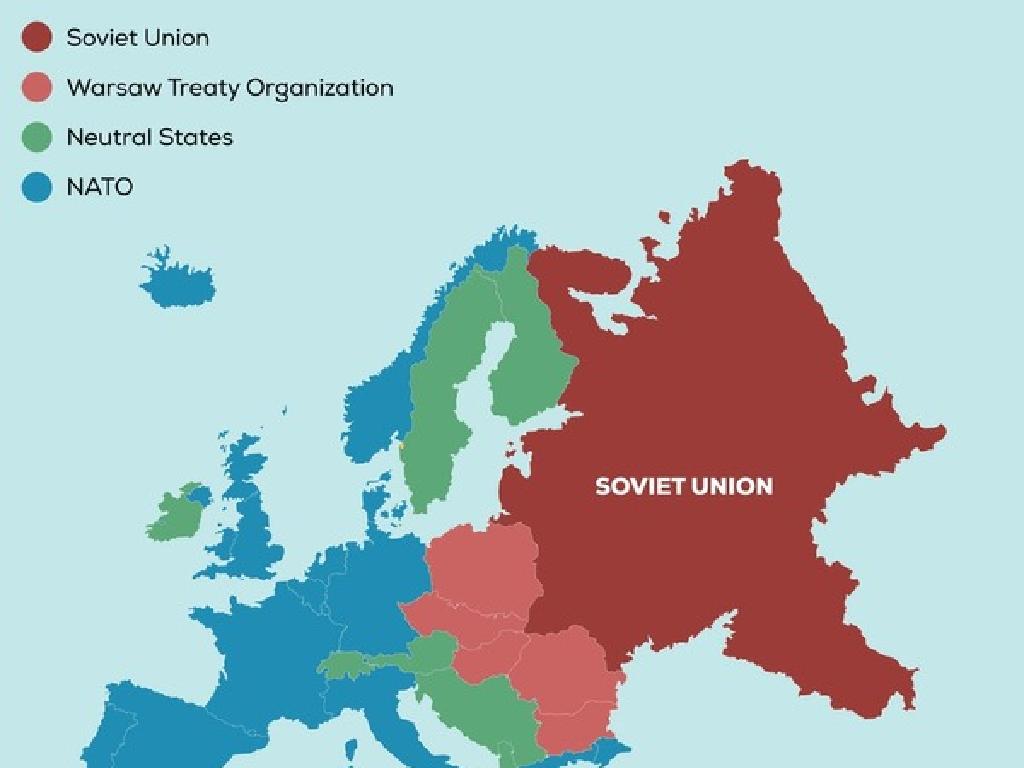Change The Sentence To Future Tense
Subject: Language arts
Grade: Third grade
Topic: Verb Tense
Please LOG IN to download the presentation. Access is available to registered users only.
View More Content
Exploring Future Tense in Verbs
– Understanding verb tenses
– Defining a verb
– Action words in sentences, like ‘run’, ‘think’, ‘play’
– Today’s focus: Future Tense
– We’ll learn how verbs tell us about actions that will happen
– How to form future tense
– Use ‘will’ before a verb to talk about the future, e.g., ‘will jump’
|
This slide introduces the concept of verb tenses to the class, focusing on the future tense. Begin by explaining what verb tenses are and their role in indicating the timing of actions. Clarify what a verb is by providing examples and engaging the students with familiar actions. Then, shift the focus to the future tense, explaining that it describes actions that haven’t happened yet but will occur. Teach the students how to form the future tense by using ‘will’ followed by the base form of the verb. Provide examples and encourage students to create sentences about future events in their lives to practice the future tense.
The Future is Bright: Changing to Future Tense
– Understanding verbs
– A verb is a word that shows action or being
– Verbs show action
– Tells what the subject does like run, dance, or think
– Examples: jump, think, play
– For example, ‘jump’ becomes ‘will jump’ in future tense
– Changing verbs to future tense
– We use ‘will’ before the verb to talk about future actions
|
This slide introduces the concept of verbs to third-grade students, emphasizing their role as action words in a sentence. Begin by explaining that a verb tells us what the subject of a sentence is doing. Provide relatable examples such as ‘jump,’ ‘think,’ and ‘play’ to illustrate verbs in action. Then, guide students on how to change these verbs into the future tense by adding the word ‘will’ before the verb. This will help them understand that the action is something that will happen. Encourage students to practice by converting present-tense verbs into future tense and creating their own sentences using future tense verbs.
Exploring Verb Tenses: Past, Present, and Future
– Understanding past tense
– Past tense tells us about things that have already happened.
– Exploring present tense
– Present tense describes what’s happening right now.
– Discovering future tense
– Future tense talks about what will happen or what we will do.
– Practice changing tenses
– Let’s take sentences and change their tenses together!
|
This slide introduces the concept of verb tenses to third-grade students, focusing on the past, present, and future. Begin by explaining that tenses tell us when something happens. The past tense is used for actions that have already been completed. The present tense is for actions occurring at the moment. The future tense is used for actions that have not yet occurred but will happen. Engage the students with examples for each tense and encourage them to come up with their own sentences. Then, have them practice converting sentences from one tense to another to solidify their understanding. This interactive approach will help them grasp the concept of tenses in a fun and memorable way.
Exploring the Future Tense
– What is future tense?
– It’s about actions that haven’t happened yet.
– ‘Will’ and ‘going to’ usage
– Use ‘will’ or ‘going to’ for future actions.
– Example of future tense
– ‘I will eat breakfast tomorrow.’ shows a future action.
|
This slide introduces the concept of the future tense to third-grade students, emphasizing its use in describing actions that have not yet occurred. Begin by explaining that the future tense helps us talk about things that will happen. Highlight the use of ‘will’ and ‘going to’ as common helpers to indicate the future tense. Provide clear examples, such as ‘I will eat breakfast tomorrow,’ and encourage students to create their own sentences. Reinforce the concept by asking students to convert present-tense sentences into future tense, ensuring they grasp the difference and usage of ‘will’ and ‘going to’.
Changing Sentences to Future Tense
– Forming future tense sentences
– Use ‘will’ + base verb
– ‘I will play’ shows a future action
– Use ‘am/is/are’ + ‘going to’ + base verb
– ‘I am going to play’ also indicates a future plan
– Practice with examples
– Try changing ‘I play’ to future tense
|
This slide introduces the concept of future tense to third-grade students. It explains how to form future tense sentences using ‘will’ and ‘am/is/are’ with ‘going to’. Emphasize the use of ‘will’ for a simple future action and ‘am/is/are going to’ for planned future activities. Provide examples and encourage students to convert present tense sentences into future tense. For instance, ‘She eats an apple’ can be changed to ‘She will eat an apple’ or ‘She is going to eat an apple’. Include class activities where students can practice this conversion with various verbs and share their sentences with the class.
Let’s Practice Changing to Future Tense!
– Learn to change sentences to future tense
– Example: ‘She reads a book.’ -> ‘She will read a book.’
– ‘reads’ changes to ‘will read’ to show future action
– Your turn with ‘He eats an apple.’
– How would you change ‘eats’ to show future action?
– Think about what will happen later
|
This slide is designed to help students practice changing sentences into the future tense. Start by explaining that the future tense describes actions that will happen later. Use the example provided to show how the present tense verb ‘reads’ is changed to ‘will read’ to indicate a future action. Then, prompt the students with the sentence ‘He eats an apple.’ and ask them to change it to future tense. Encourage them to think about actions that haven’t happened yet but will happen. During the class, guide them through the process and provide positive feedback as they learn to use the future tense correctly.
Changing Sentences to Future Tense
– ‘They play soccer.’ becomes…
– ‘They will play soccer.’
– ‘We go to school.’ turns into…
– ‘We are going to go to school.’
|
This slide is aimed at providing practice for students to change sentences from the present to the future tense. The future tense in English is used to talk about something that will happen or will be true. It’s formed with the modal ‘will’ plus the base verb or with the phrase ‘are going to’ plus the base verb. Encourage students to identify the action verb in each sentence and then apply the future tense. Have them practice with these examples and then create their own sentences, converting them into the future tense. This exercise will help solidify their understanding of verb tenses and prepare them for more complex sentence structures.
Class Activity: Crafting a Future Tense Tale
– Write a short future tense story
– Start with ‘Tomorrow, I will’ or ‘Next year, we will’
– Imagine a fun future day
– Think of a day you’re looking forward to
– Use future tense verbs
– Verbs like ‘will play’, ‘will eat’, ‘will go’
– Share with the class
|
This activity is designed to help students practice using the future tense in a creative and engaging way. Encourage them to think of an event they are excited about, such as a birthday or holiday, and to write a short story about it using future tense verbs. Remind them to start their sentences with phrases like ‘Tomorrow, I will’ or ‘Next year, we will’ to set the story in the future. Provide examples of future tense verbs like ‘will play’, ‘will eat’, and ‘will go’. After writing, students will have the opportunity to share their stories with the class, which will help them to practice speaking in the future tense and to listen to how their peers use it as well.
Mastering Future Tense
– Congratulations on learning future tense!
– Use ‘will’ or ‘going to’ for future actions
– ‘I will learn’ or ‘I am going to learn’ show future actions
– Practice makes perfect in future tense
– Keep practicing by writing or speaking in future tense
– You’re on your way to becoming a pro!
|
This slide wraps up the lesson on future tense, reinforcing the key points for the students. It’s important to acknowledge their effort and encourage them to continue practicing. Remind them that using ‘will’ or ‘going to’ is essential when talking about actions that haven’t happened yet. Provide examples and suggest that they practice by writing sentences or speaking with classmates about future plans. Celebrate their progress and motivate them to keep working towards mastery, ensuring they understand that becoming proficient in future tense is a gradual process.






